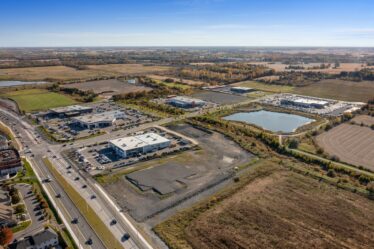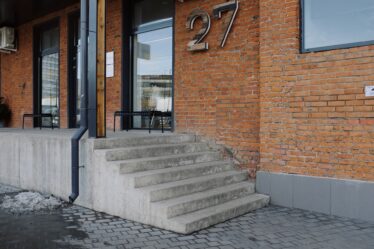
In today’s era of environmental consciousness, Adelaide’s metal industry stands out for its commitment to recycling and resource conservation. With a strong focus on scrap metal, Adelaide leads the way in building a sustainable metal sector that unlocks the hidden value of discarded materials. This article explores how the city promotes recycling practices, drives sustainability, and reaps the economic benefits by emphasising the importance of Scrap metal in Adelaide.
Unleashing the Potential of Scrap Metal:
Adelaide’s metal industry recognises the immense potential of scrap metal as a valuable resource. By adopting efficient recycling practices, the sector minimises the need to extract new metals, thereby reducing the environmental impact of primary production.
Advancing the Circular Economy:
Adelaide’s metal industry plays a pivotal role in establishing a circular economy by prioritising the collection and repurposing of scrap metal. This closed-loop system conserves natural resources and minimises waste generation, making Adelaide a sustainable and resource-efficient city.
Environmental Stewardship:
Recycling Scrap metal in Adelaide significantly contributes to environmental stewardship. By diverting materials from landfills, the city reduces methane emissions and prevents the pollution associated with metal waste disposal. Recycling metals also requires less energy compared to primary production, resulting in reduced greenhouse gas emissions and a smaller carbon footprint.
Economic Advantages:
Adelaide’s focus on scrap metal recycling extends beyond environmental concerns and brings economic benefits. The thriving metal industry creates job opportunities, stimulates local businesses, and contributes to the region’s economic growth. Moreover, the availability of recycled metals at a lower cost benefits various sectors, including manufacturing, construction, and infrastructure development.
Building Resilience:
The emphasis on scrap metal recycling enhances Adelaide’s overall resilience. By reducing dependence on primary metal extraction, the city becomes less vulnerable to fluctuations in global metal prices and supply chain disruptions. The local focus on scrap metal recycling allows Adelaide to build a more self-reliant and sustainable metal sector.
Innovation and Technological Advancements:
Adelaide’s metal industry embraces innovation and technological advancements to maximise the efficiency of scrap metal recycling. Advanced sorting and processing techniques effectively separate different types of metals from mixed waste streams. By investing in research and development, the industry drives the adoption of new technologies that improve recycling efficiency and expand the range of metals that can be recycled.
Collaboration and Partnerships:
Collaboration and partnerships with stakeholders, including local businesses, government agencies, and community organisations, are vital to the success of scrap metal recycling in Adelaide. Through comprehensive recycling programs and educational partnerships, efficient collection and processing of scrap metal are achieved. These collaborations foster awareness and knowledge sharing, promoting responsible recycling practices among the general public and strengthening Adelaide’s position as a hub for sustainable metal practices.
Creating a Circular Supply Chain:
The metal industry goes beyond recycling scrap metal and actively works towards creating a circular supply chain. By collaborating with suppliers and manufacturers, the industry ensures that recycled metals are reintegrated into the production process, closing the loop and minimising the reliance on virgin materials.
This circular supply chain approach promotes sustainable and efficient use of resources, reduces waste generation, and reinforces Adelaide’s position as a leader in driving sustainability in the metal sector. The industry paves the way for a more circular and environmentally responsible metal industry through strategic partnerships and innovative practices.
Conclusion:
Adelaide’s metal industry sets a remarkable example of sustainable practices by focusing on scrap metal recycling. By harnessing the hidden value of discarded materials, the industry contributes significantly to resource conservation, reduced greenhouse gas emissions, job creation, and economic growth. Adelaide’s commitment to scrap metal recycling drives sustainability and inspires other regions and industries to adopt similar practices for a more prosperous future.



